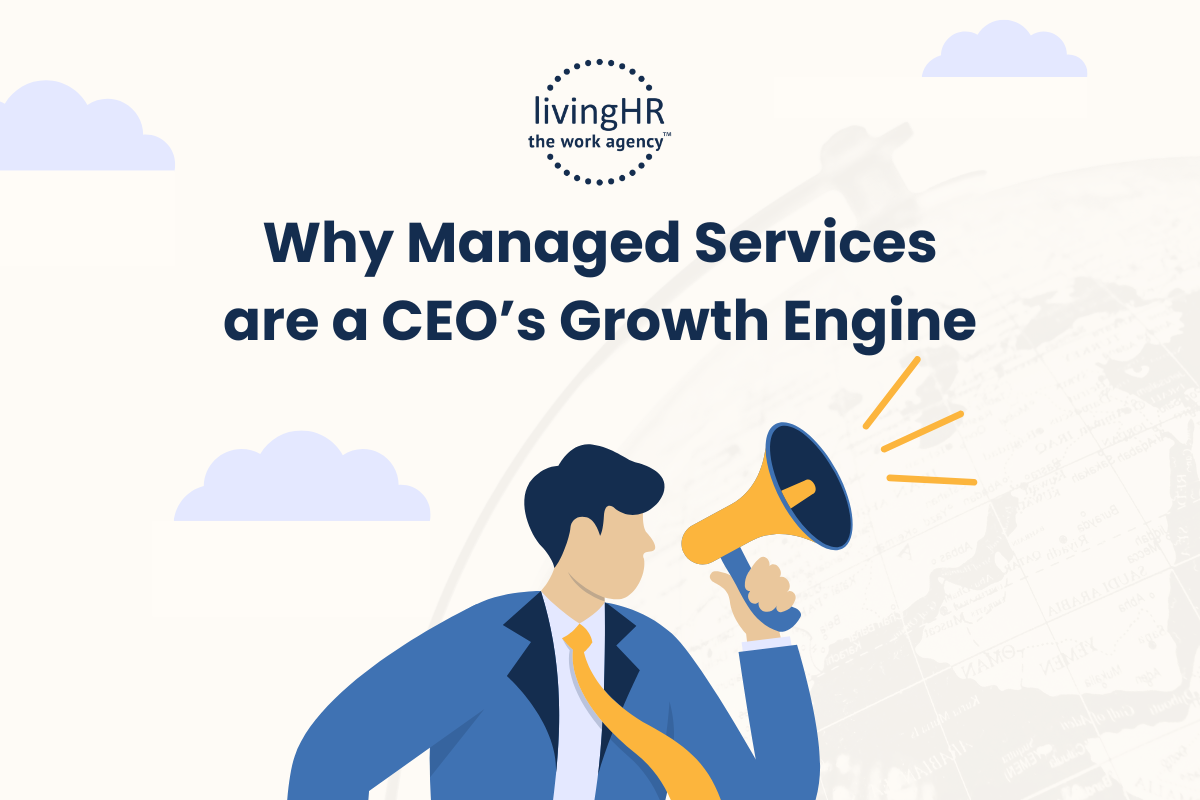In the rapidly evolving landscape of the future of work, recruitment isn’t just about filling positions; it’s about finding candidates who align with your company’s vision and needs. In 2024, staying ahead and successfully navigating this dynamic recruitment environment requires innovative strategies that resonate with candidates and a streamlined selection process. In this blog, we will delve into six effective recruitment strategies poised to make an impact in the year ahead.
Top 6 Strategies for Effective Recruitment in 2024
1. Pay Transparency:
Pay transparency has become increasingly important and oftentimes a requirement for companies to attract and retain top talent. Candidates are more likely to trust and engage with companies that openly communicate about their compensation structures. By being transparent about pay bands and benefits, organizations can attract candidates who are aligned with their compensation expectations. Pay transparency also plays a role in talent retention, with 68% of people saying they would switch employers for greater pay transparency, even if the pay was the same. Overall, pay transparency contributes to fostering a more equitable environment for future and current team members.
2. Leveraging AI and Tech:
In the digital age, artificial intelligence (AI) and technology have transformed the recruitment landscape, playing a crucial role in streamlining the recruitment process. AI can be utilized to craft precise job descriptions that resonate with potential candidates. In addition, AI-driven tools can aid in resume screening and candidate assessments, saving time and resources while ensuring a fair and unbiased selection process. According to LinkedIn, AI recruitment can reduce hiring costs by 30% per hire and increase revenue per employee by an average of 4%!
3. Employee Referrals:
Despite technological advancements, employee referrals remain among the most effective recruitment methods. By encouraging or incentivizing existing employees to refer qualified candidates, organizations can tap into their employees’ networks, resulting in higher-quality candidates and improved retention rates. In an environment of uncertainty, potential candidates are likely to turn to and trust the connections in their network for quality opportunity recommendations. Employee referrals can also be a huge cost savings! According to AIHR, 84% of companies consider employee referrals the most cost-effective sourcing strategy.
4. Improving Your Online Presence:
In today’s competitive landscape, a solid online presence is essential for attracting top talent. This includes cultivating a compelling employer brand, encouraging employee advocacy on social media platforms, and actively managing online followers, engagement, and reviews. Candidates have access to everything you’re saying - and anything said about you - right at their fingertips! 75% of job hunters will consider the brand of a potential employer before applying to work there. A positive online reputation can significantly enhance a company’s attractiveness to prospective candidates.
5. Outsourcing Your Hiring:
Partnering with recruitment agencies can provide valuable insights, resources, and access to specialized expertise and networks to augment your hiring efforts. These agencies often have extensive knowledge in identifying qualified candidates quickly. Having dedicated professionals focused on hiring your roles can also reduce the time it takes to fill a role, which, on average, is around 44 days. Outsourcing certain aspects of the recruitment process can help streamline operations, improve hiring efficiency, and take some of the stress off of your teams’ already full plates.
6. Skills-First Hiring:
In the quest to address talent shortages and foster a more inclusive workplace, companies are increasingly turning to skills-first hiring. Instead of filtering candidates based on resumes that showcase past titles, skills-first hiring focuses on the specific skills and competencies needed for the role. This approach allows companies to:
- Tap into a wider talent pool: It opens doors to qualified individuals who might have non-traditional career paths but possess the exact skills you need.
- Build a more diverse workforce: By focusing on skills, you remove barriers based on education or previous job titles, leading to a more well-rounded team.
- Identify high performers: Skills-first hiring helps identify candidates who can excel in the role based on their proven abilities, not just past job descriptions.
3 Reasons Why Talent Retention is Crucial
Retaining employees is equally important as recruiting them to maintain organizational success. High turnover rates can disrupt company culture and hinder productivity. Organizations can enhance employee engagement and loyalty by focusing on talent retention strategies, such as offering career development opportunities and fostering a supportive work environment. According to Betterworks, employee retention provides various benefits, including a stronger company culture and increased engagement.
1. Enhancing Employee Engagement
A strong retention plan is closely linked to employee engagement, as engaged employees are more likely to stay with the company long-term. When employees feel valued, challenged, and supported in their roles, they are more motivated to contribute their best efforts. By investing in initiatives such as skills development, career advancement opportunities, and recognition programs, organizations can foster a sense of belonging and fulfillment among employees. Engaged employees are also more likely to advocate for the company, positively impacting recruitment efforts through word-of-mouth referrals and promoting a positive employer brand.
2. Building a Strong Company Culture
A strong company culture is essential for attracting and retaining top talent. Employees are more likely to remain with organizations where they feel a sense of belonging and alignment with the company's values and mission. Cultivating a positive work environment, where diversity and inclusion are celebrated and collaboration is encouraged, fosters loyalty and commitment among employees. Organizations that prioritize culture-building initiatives, such as team-building activities, regular communication, and feedback mechanisms, create an environment where employees are motivated to stay and contribute to the company's success.
3. Increasing Company Revenue
Talent retention directly impacts the bottom line of organizations. High turnover rates result in significant costs associated with recruiting, onboarding, and training new employees. Additionally, the loss of institutional knowledge and productivity during transition periods can hinder business operations and impact revenue generation. Retaining top talent reduces turnover costs and ensures continuity in operations. Engaged and experienced employees are also more productive, innovative, and customer-focused, driving business growth and profitability. By investing in talent retention strategies, organizations can achieve sustainable revenue growth and maintain a competitive edge in the market.
The Future of Work is Evolving and the Recruiting Landscape Should Adapt to Keep Pace
The future of work is challenging, but also presents many opportunities for the world of HR. The top strategies we discussed in this blog, such as pay transparency, AI, and technology, will take your recruitment efforts to the next level to not only attract but also retain top talent!
Need support with recruiting? Our team is ready to help find your next talent - let's chat!







